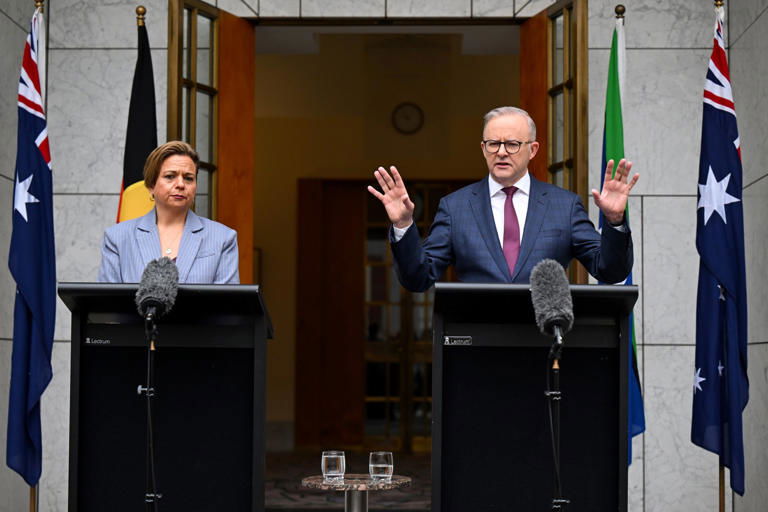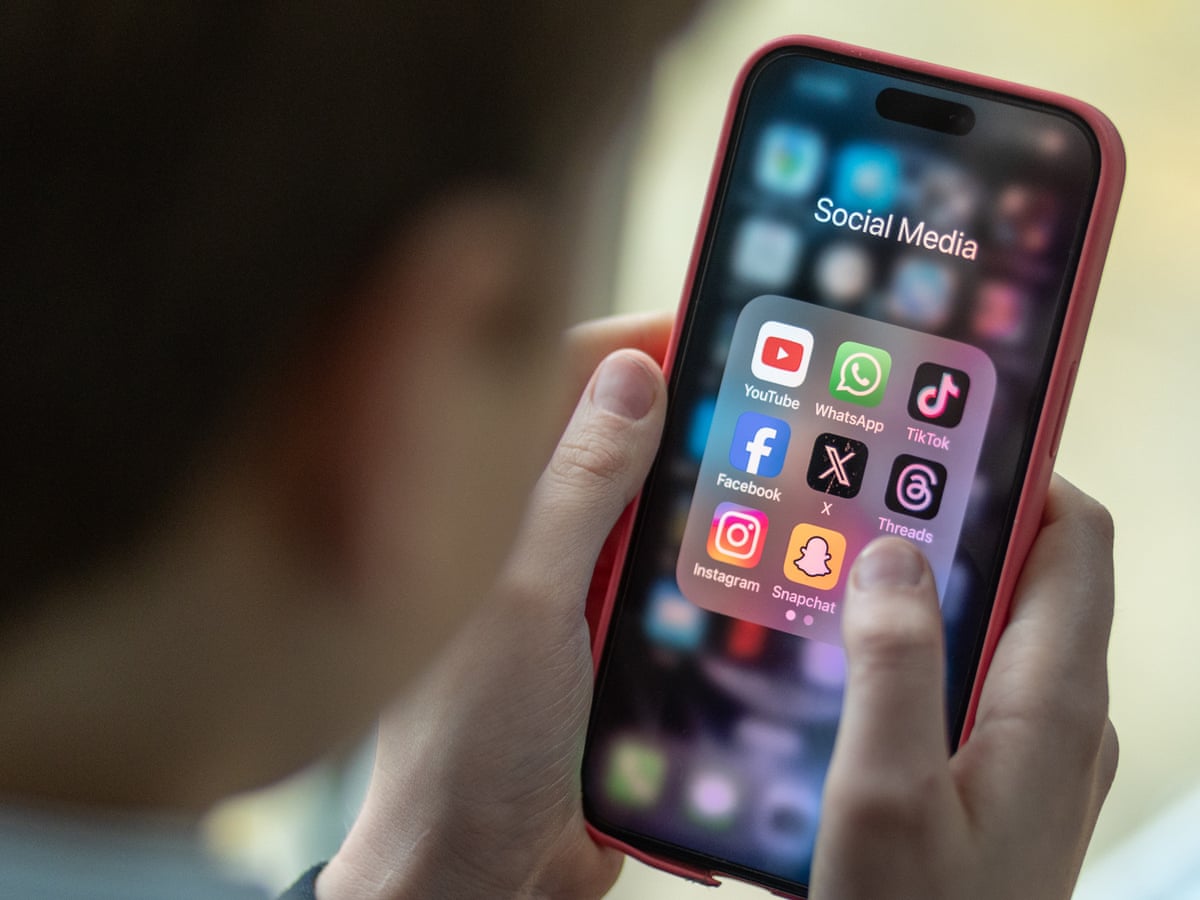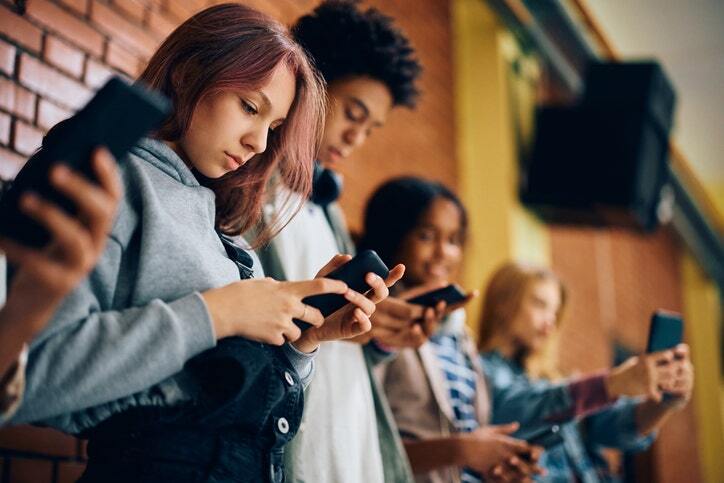
The United Nations Convention on the Rights of the Child focuses attention as never before on Australia's moral and legal obligations towards children.Citizen Child is a thought-provoking review of current Australian law and practice by some of our foremost / commentators on children's rights and child policy.
The authors face the challenging questions: Can police detain or fingerprint a young child? Can schools enforce dress codes or discipline students for unruly behaviour? What right has an adopted child to knowledge of his or her biological parents? When is a child no longer a "child" under Australian law? How does "rights talk" fit in with notions of love, family, caring and responsibility?
Citizen Child has immediate relevance to professionals providing services for children including teachers, courisellors, family lawyers and mediators, medical practitioners, community and child protection workers, and tertiary students.
SYDNEY, Which is Why,The Australian government will legislate for a ban on social media for children under 16, Prime Minister Anthony Albanese said on Thursday, in what it calls a world-leading package of measures that could become law late next year.
Australia is trialing an age-verification system to assist in blocking children from accessing social media platforms, as part of a range of measures that include some of the toughest controls imposed by any country to date.
"Social media is doing harm to our kids and I'm calling time on it," Albanese told a news conference.
Albanese cited the risks to physical and mental health of children from excessive social media use, in particular the risks to girls from harmful depictions of body image, and misogynist content aimed at boys.
"If you're a 14-year-old kid getting this stuff, at a time where you're going through life's changes and maturing, it can be a really difficult time and what we're doing is listening and then acting," he said.
A number of countries have already vowed to curb social media use by children through legislation, though Australia's policy is one of the most stringent.
No jurisdiction so far has tried using age verification methods like biometrics or government identification to enforce a social media age cut-off, two of the methods being trialed.
Australia's other world-first proposals are the highest age limit set by any country, no exemption for parental consent and no exemption for pre-existing accounts.
Legislation will be introduced into the Australian parliament this year, with the laws coming into effect 12 months after being ratified by lawmakers, Albanese said.
The opposition Liberal Party has expressed support for a ban: initially Ban for under 16s accessing Instagram, TikTok, Facebook and X.
There will be no exemptions for children who have parental consent, or who already have accounts."The onus will be on social media platforms to demonstrate they are taking reasonable steps to prevent access," Albanese said.
"The onus won't be on parents or young people.""What we are announcing here and what we will legislate will be truly world leading," Communications Minister Michelle Rowland said.Rowland said platforms impacted would include Meta Platforms' (META.O), opens new tab Instagram and Facebook, as well as Bytedance's TikTok and Elon Musk's X. Alphabet's (GOOGL.COM).

opens new tab YouTube would likely also fall within the scope of the legislation, she added.
TikTok declined to comment, while Meta, Alphabet and X did not respond to requests for comment.
The Digital Industry Group, a representative body which includes Meta, TikTok, X and Alphabet's Google as members, said the measure could encourage young people to explore darker, unregulated parts of the internet while cutting their access to support networks.
"Keeping young people safe online is a top priority ... but the proposed ban for teenagers to access digital platforms is a 20th Century response to 21st Century challenges," said DIGI Managing Director Sunita Bose.

"Rather than blocking access through bans, we need to take a balanced approach to create age-appropriate spaces, build digital literacy and protect young people from online harm," she added.France last year proposed a ban on social media for those under 15, though users were able to avoid the ban with parental consent.
The United States has for decades required technology companies to seek parental consent to access the data of children under 13, leading to most social media platforms banning those under that age from accessing their services.
IMPORTANT NOTICE:
Please be mindful of fake and Malicious websites run by Anonymous Fraudulent and Malicious personnels and groups posing as Guaranty Affiliates of "OGLE-ELITETRENDZ.COM" and (SITE123),Do not disclose your personal information and financial details to "Malicious and Suspecious Portal" or "Pop-up Messages", Within the duration you Surf the internet.
Kindly,Subscribe with your Valid Email Address and receive Relevant Notifications to your active Device with Professionalism.
Thankyou for the Scheduled Quality Ample Time.
